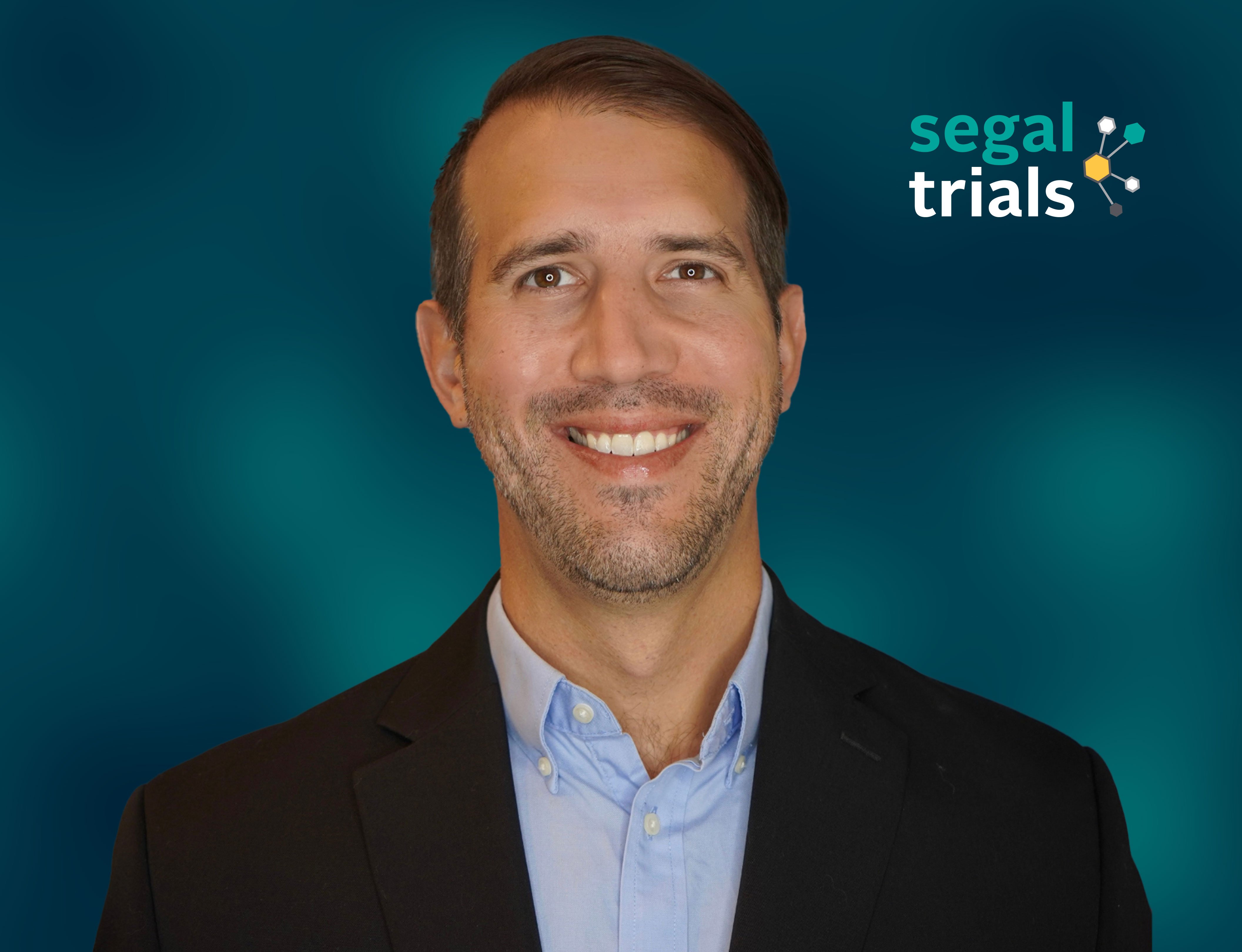FDA's Stance on MDMA-Assisted Therapy for PTSD: An Ongoing Journey

The FDA's recent decision to pause the approval of MDMA-assisted therapy for PTSD is a reminder of the complexities in advancing groundbreaking treatments. While the road to approval is never easy, it's a necessary journey to ensure safety and efficacy. This decision isn't a dead-end but a call to refine and strengthen the evidence supporting MDMA's potential.
At Segal Trials, we remain committed to exploring innovative treatments, as our West Broward site prepares to dose its first patient in a PTSD study with a compound derived from MDMA analog. Progress may be delayed, but the pursuit of better mental health care continues.
Check out a note from JOSEPH "SCOTT" FISHER, the Program Manager and Lead Facilitator at Segal's Center for Psychedelic Research.
FDA's Decision on MDMA for PTSD Treatment: What It Means and What's Next
Understanding the Decision
The FDA recently issued a Complete Response Letter (CRL) to Lykos Therapeutics, effectively putting the brakes on the approval of MDMA-assisted therapy for treating Post-Traumatic Stress Disorder (PTSD). In simple terms, the FDA is not ready to greenlight the treatment at this time.
The CRL indicates that while the current application for MDMA-assisted therapy is not acceptable, it’s not a total dismissal of MDMA’s potential to safely and effectively treat PTSD. Although the FDA does not release details of the CRL to the public, Lykos reports that the CRL identified several issues with their application. The FDA has requested another Phase 3 study to provide more evidence on the safety and effectiveness of the therapy. Other concerns include inadequate control for participants’ expectations, a lack of measures to track the drug’s dependence potential, and allegations of misconduct and incomplete data reporting by some participants. Additionally, MDMA was studied in conjunction with therapy, which the FDA does not regulate, and the study designs do not clarify the role that therapy itself may have played in the clinical trial results.
Hope Despite the Rejection
Though many find this news disappointing, it’s important to remember that this CRL is not the end of the road. It’s a chance for Lykos Therapeutics to address the FDA’s concerns and potentially resubmit their application in the future. The company plans to request a meeting with the FDA to discuss how they can improve their submission and seek reconsideration.
For those hopeful about MDMA-assisted therapy, this decision underscores the ongoing commitment to ensuring the therapy is both safe and effective before it reaches patients. The FDA’s cautious approach aims to protect public health, and it’s a reminder that regulatory processes, while lengthy, are designed to ensure that new treatments meet high standards.
The Safety of Ongoing Studies
Even though the approval process for MDMA-assisted therapy has hit a snag, it’s crucial to understand that the studies involving MDMA and other psychedelics are still being conducted with strict safety protocols. The FDA’s decision does not imply that these studies are unsafe. In fact, the rigorous scrutiny and additional studies requested are part of a thorough process to ensure that when these therapies do become available, they are both effective and safe for patients.
Researchers and clinicians involved in these studies follow strict ethical guidelines and safety measures, including regular monitoring, careful participant screening, and adherence to established protocols to minimize risks. The goal of these studies is to gather as much information as possible to understand the full scope of benefits and potential side effects before any new treatment is approved for widespread use.
Looking Forward
Although the FDA’s decision complicates Lykos’s path to seeking MDMA approval, the field of psychedelic research remains promising. The additional studies requested by the FDA could provide more clarity and potentially pave the way for future approval. In the meantime, the
dedication of researchers and the ongoing interest in psychedelic therapies highlight the commitment to finding new and effective treatments for conditions like PTSD.
At the forefront of this research is Segal Trials, a trailblazer in psychedelic research, dedicated to advancing MDMA research as a possible care option. Notably, our West Broward site is about to dose its first patient in a PTSD study with a compound that is an MDMA analog, further demonstrating our commitment to exploring innovative treatment options.
For those affected by PTSD and their families, it’s a time to stay hopeful and informed. The pursuit of new treatments continues, and each step in the regulatory process brings us closer to breakthroughs that could transform mental health care.


.png)